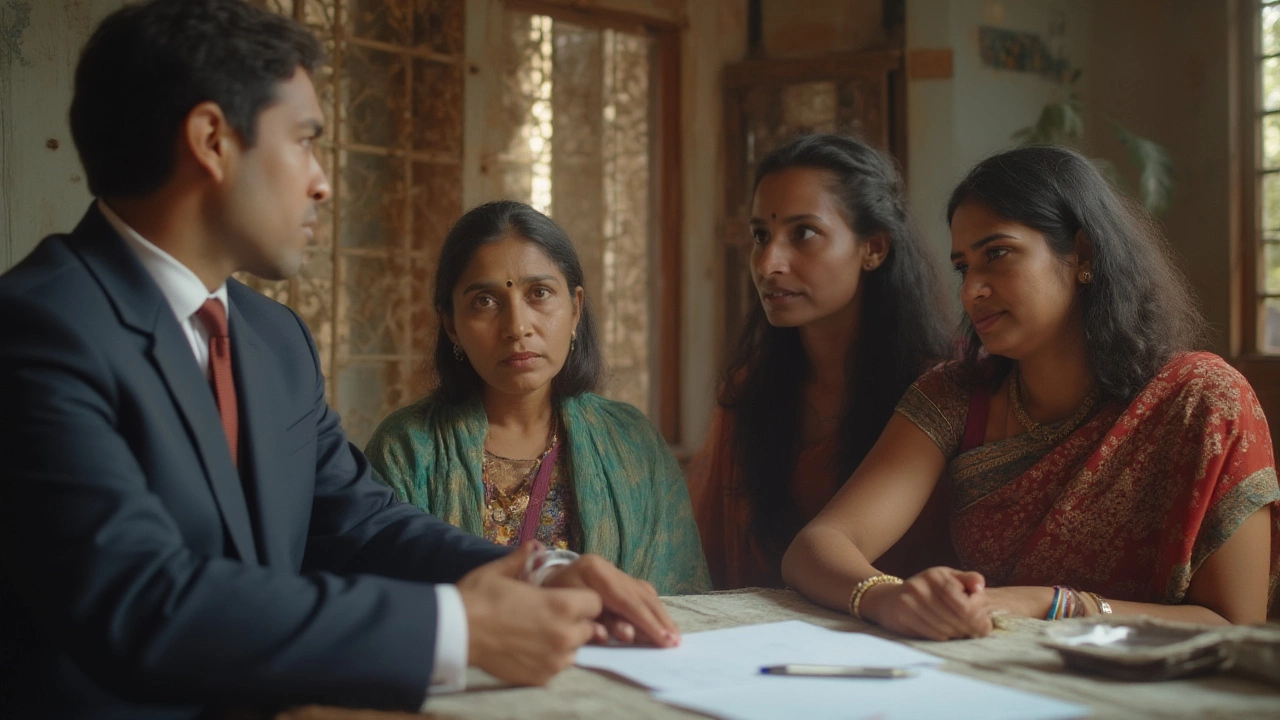Injury Compensation in India: What You Need to Know
If you’ve been hurt because of someone else’s negligence, you deserve compensation. But the legal process can feel confusing. This guide breaks down the basics so you can decide if you have a claim and how to move forward.
When Can You Claim Injury Compensation?
Any injury that results from another party’s fault can be eligible for compensation. That includes road accidents, slips and falls in public places, medical malpractice, and workplace injuries. The key question is whether the other person or entity breached a duty of care that caused your loss.
In Indian law, the Civil Procedure Code and the Motor Vehicles Act are the main statutes that handle personal injury claims. Under the Motor Vehicles Act, for example, a victim of a road accident can claim medical expenses, loss of earnings, and even pain‑and‑suffering.
Not every hurt qualifies for a large payout. Minor bruises that heal quickly usually don’t meet the threshold for a claim. However, if the injury led to a hospital stay, surgery, or long‑term disability, you have a stronger case.
How to File a Claim in India
Step 1: Gather Evidence. Collect police reports, doctor’s notes, medical bills, and any photos of the scene. Witness statements add weight, so get contact details right away.
Step 2: Calculate Your Losses. Add up direct costs (hospital bills, medication, rehab) and indirect costs (lost wages, reduced earning capacity). Many claimants also ask for “general damages” for pain and emotional distress.
Step 3: Send a Legal Notice. Before you go to court, you usually have to send a notice to the liable party. This gives them a chance to settle out of court and avoids unnecessary litigation.
Step 4: File a Suit. If the notice doesn’t lead to a settlement, you can file a civil suit in the appropriate court. Your complaint should list the facts, the legal basis for liability, and the amount you’re seeking.
Step 5: Attend Hearings and Provide Testimony. The court may ask for further evidence or call witnesses. Be honest and clear; the judge will look for consistency.
Step 6: Get the Judgment. If you win, the court orders the defendant to pay the awarded amount. Collecting the money may require additional steps, like attaching property or garnishing wages.
Tip: Work with a lawyer who specializes in personal injury. They know the nuances of Indian tort law and can negotiate better settlements.
Remember, time matters. The Limitation Act sets a two‑year window from the date of injury to file a suit. Miss the deadline, and you may lose your right to compensation.
Overall, injury compensation is about restoring you to the position you’d be in if the accident never happened. Knowing your rights, documenting everything, and acting quickly give you the best shot at a fair payout.

Pain and Suffering vs Personal Injury: Legal Differences Explained
Pain and suffering and personal injury sound similar, but they're not the same in law. Here’s how they differ in legal claims and real life.